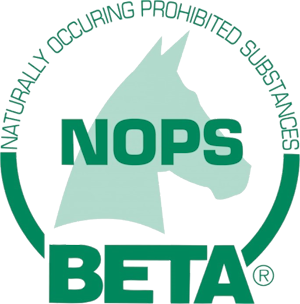
Our Blog
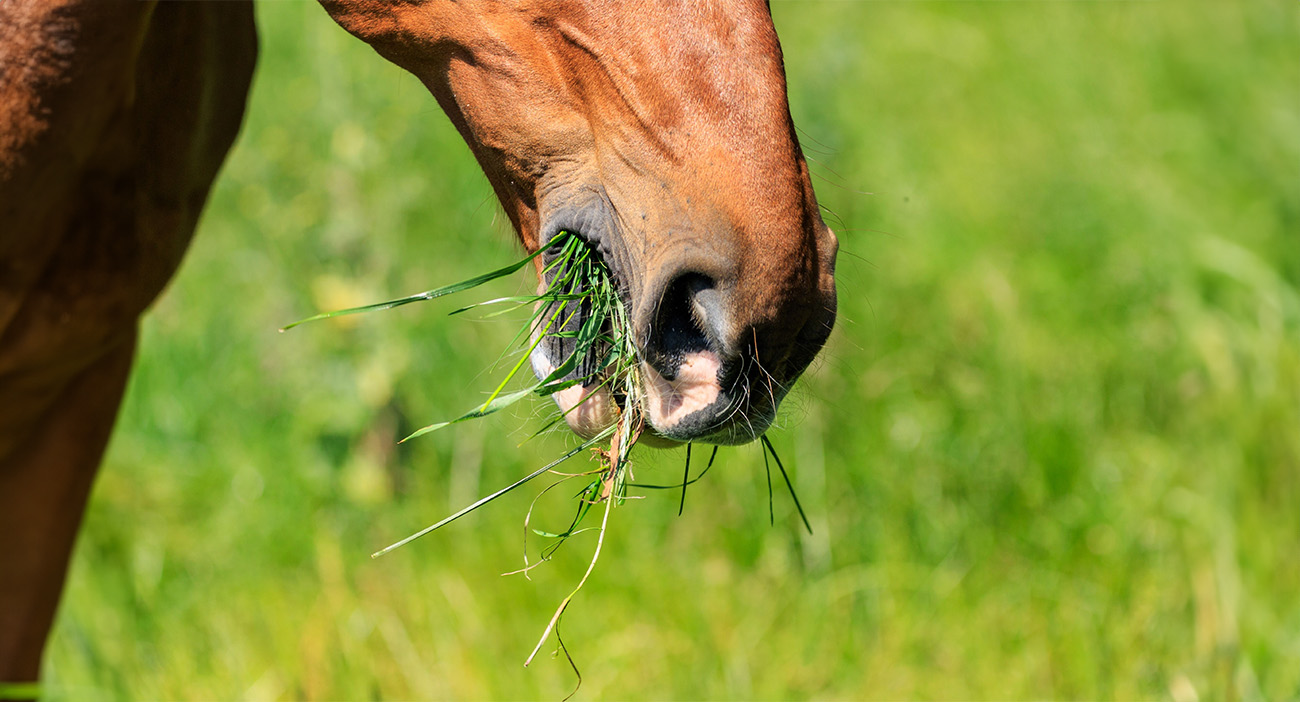
September 14, 2023
Hay Exportation – Why Choose British Hay?
Exporting hay is not a new concept and has been done for centuries. Hay exportation dates back to ancient times when hay was used to feed both horses and camels and was a necessity for travelling long journeys.
In more recent times, hay has been imported by various countries to keep up with demand. For example, back in the 1970s, Japan began importing alfalfa hay to support its growing dairy industry. As an island with limited resources and space, the country needed to bring in more supply than it could produce itself.
As recently as 2022, China set a new record for hay imports from the US, again due to a growing dairy industry. The popularity of exporting hay has only increased with the help of technological advancements, making it easier and more convenient to both transfer and store hay.
Why is export hay in demand?
While many countries are able to produce hay, there is still a considerable demand for it to be imported. There are several reasons for this, including the following:
Climate
Certain countries simply do not have the correct climate to grow high-quality hay. As a result, exporting hay is the only option. For other countries, they may be able to grow hay, but extreme weather conditions such as extended periods of drought can significantly impact hay production. This means that exported hay is required in order to bridge the gap.
For example, Australia is facing a severe fodder shortage in 2023 due to flooding and heavy rain destroying crops. Local hay prices have understandably shot up as a result, meaning many people may choose to import their hay instead.
Industry Growth
When a country experiences growth in its livestock or dairy industry, demand for animal feed also increases. Export hay provides many with a reliable source of feed that is going to cater to the nutritional needs of a growing livestock population.
Specialist Requirements
Different animals have vastly different dietary needs, and not all hay offers the same benefits. Therefore, by using export hay, importers can ensure they are getting a product that is tailored to the needs of their individual animals.
Animal Welfare
Over the years, animal welfare has become an increasingly prevalent topic within the farming industry. Therefore, people are now seeking higher-quality hay to support the wellbeing of their animals. With this in mind, the choice to export is often the obvious one as greater quality can be sourced.
Why Is British Hay and Haylage Popular?
Many countries across the world produce hay, so what makes British hay in particular many people’s go-to choice?
Quality
British hay is well renowned for its quality. The UK’s relatively moderate climate combined with consistent rain levels creates perfect conditions for growing nutrient rich grass. It is this high nutrient quality that is sought after by animal owners across the globe.
The weather is not the UK’s only contributor to high quality hay, stringent quality standards also have a large part to play.
Supply
Due to our reasonably consistent weather patterns, we can ensure a reliable supply of hay year-round. Other countries are not afforded this and may experience shortages due to extreme weather such as high temperatures or flooding.
For anyone who owns animals, consistency is essential, and without it there can be severe disruption, meaning exporting from a country with guaranteed supply can provide much needed reassurance.
Diversity
As the UK produces a diverse range of grass, hay producers are able to create custom blends in order to cater to the different dietary requirements and preferences of a range of animals.
Why Choose M&T As Your Hay and Haylage Supplier?
Choosing M&T as your hay supplier gives you peace of mind that all your hay has gone through stringent quality checks and nutritional analysis. Not only this, but we also offer a bale replacement guarantee as standard.
We are always happy to chat through your requirements and develop a bespoke package that works for you and your animals.
Reach out to our expert team for advice to take the next step on your hay exporting journey.
If you are planning to export hay for the first time, you will no doubt have some questions. For more information on everything quantity, delivery, and time frame related, check out our frequently asked questions.

May 22, 2025
Changing Your Horses Diet From Winter to Spring

April 4, 2024
Eat, Sleep, Compete, Repeat

March 8, 2024
Top Tips For Managing Forage On The Go: Part Two

March 8, 2024
Consistency Is Key for Horses

February 19, 2024
Don’t Underestimate The Value of Preparation

February 6, 2024
Know Your Horse Inside Out

December 11, 2023
How To Get The Most Out Of Your Horse Forage During Winter

November 7, 2023
Which Hay Shall I Feed My Horse or Pony?

September 14, 2023
Hay Exportation – Why Choose British Hay?

March 3, 2023
Hay vs Haylage: Which Is The Right Option For Your Horse?

January 13, 2023
How To Bring A Horse Back Into Work After A Break

November 23, 2022
How To Body Condition Score Your Horse
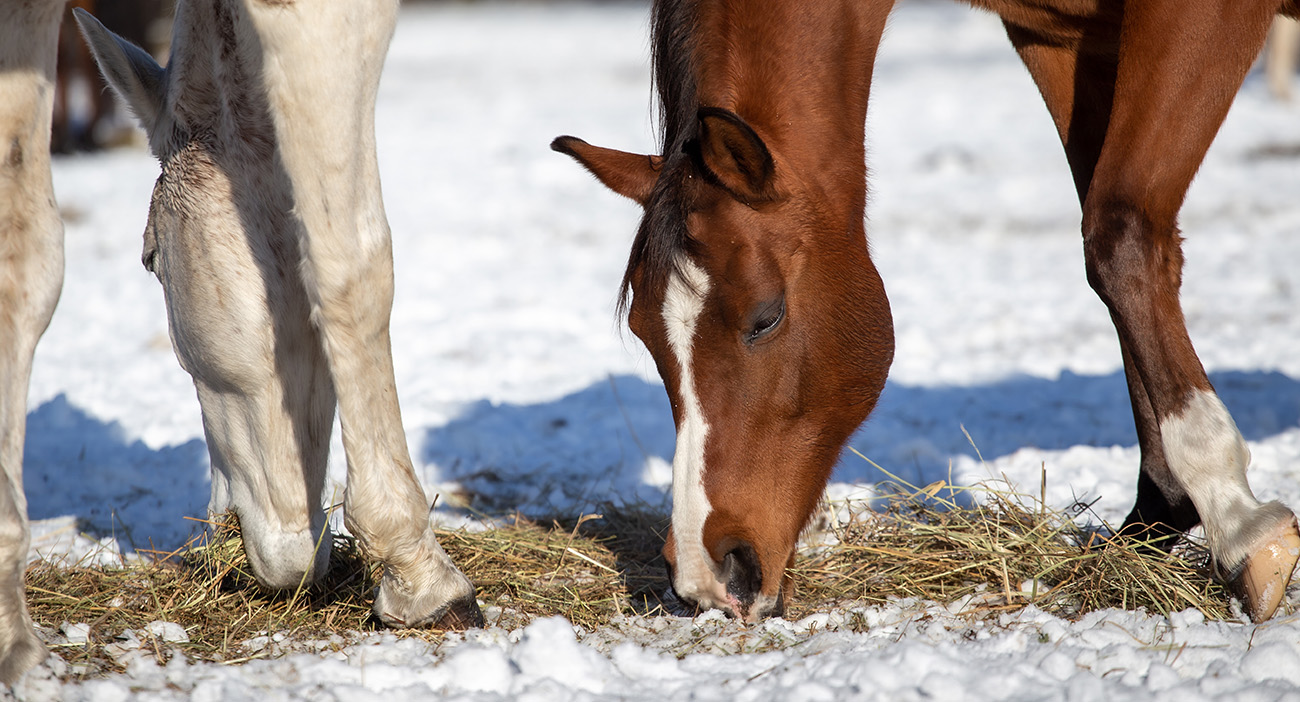
November 7, 2022
Winter Feeding Tips For Horse Owners

October 20, 2022
Money Saving Tips For Horse Owners

October 3, 2022
8 Ways To Keep Your Horse Entertained

September 30, 2022
Equestrian Question and Answer Session: Sophie Platt

August 25, 2022
Preparing Your Horse For Competition

July 28, 2022
What Is Normal For My Horse?
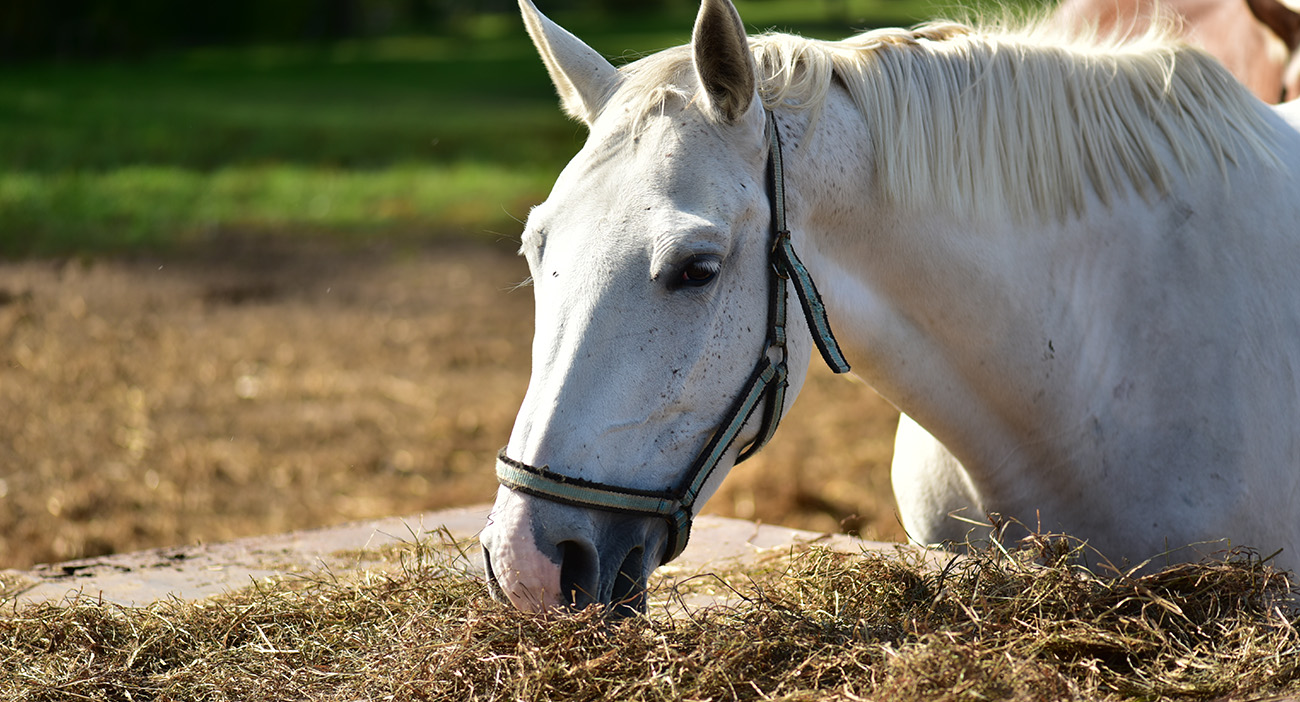
June 30, 2022
Compeition Horses: Managing Forage and Water Intake
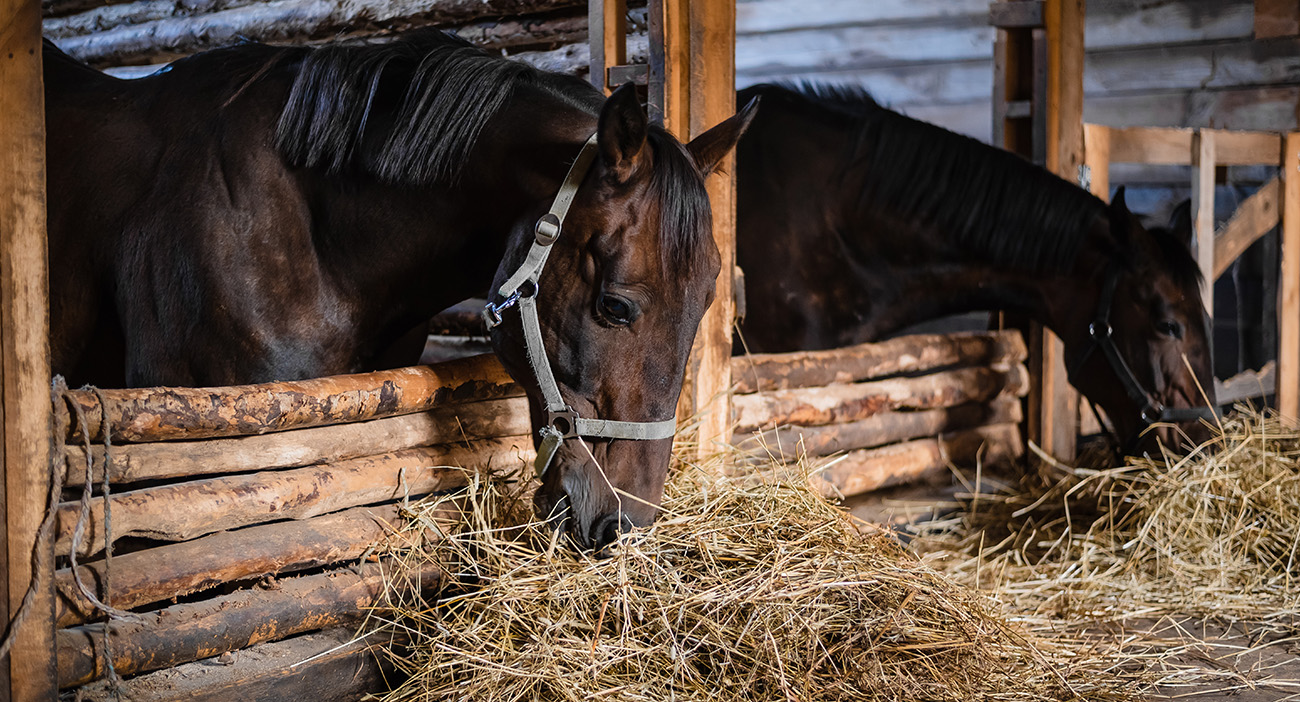
October 1, 2021
How To Feed EMS Horses: Nutritionist Top Tips For Horses

September 22, 2021
Feeding The Equine Athlete
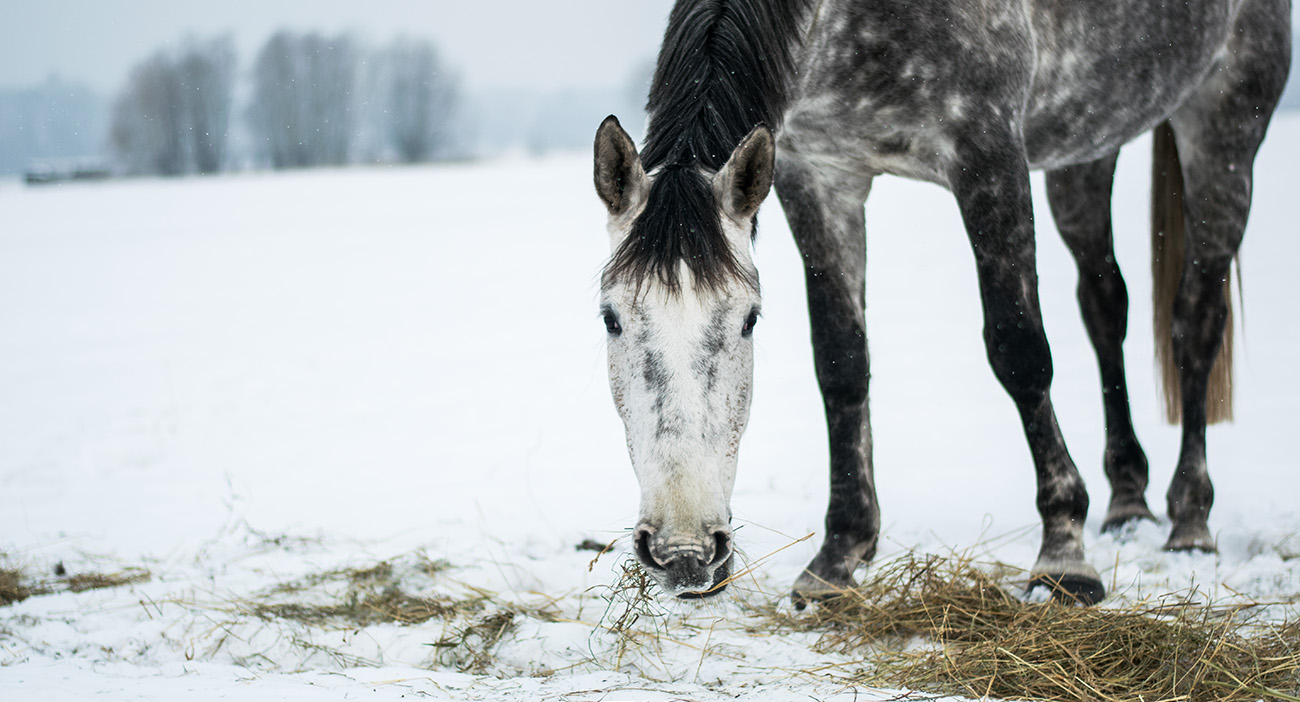
September 7, 2021
How To Feed Your Horse Indoors This Winter

December 7, 2020
Premium Horse Forage: Ask The Nutritionist

July 9, 2020
Top Tips For Managing Forage For Horses On The Go: Part One

January 16, 2020
Haylage Myth Buster: Nutritionist Top Tips for Horses




